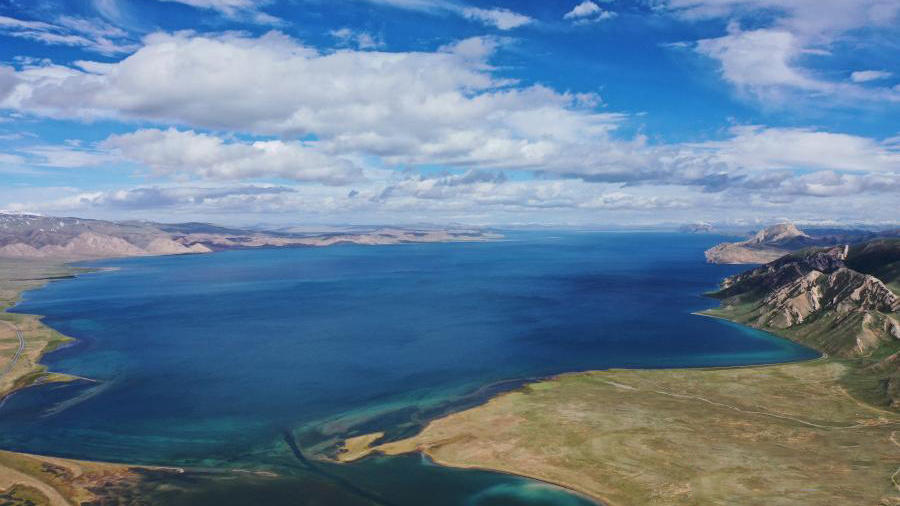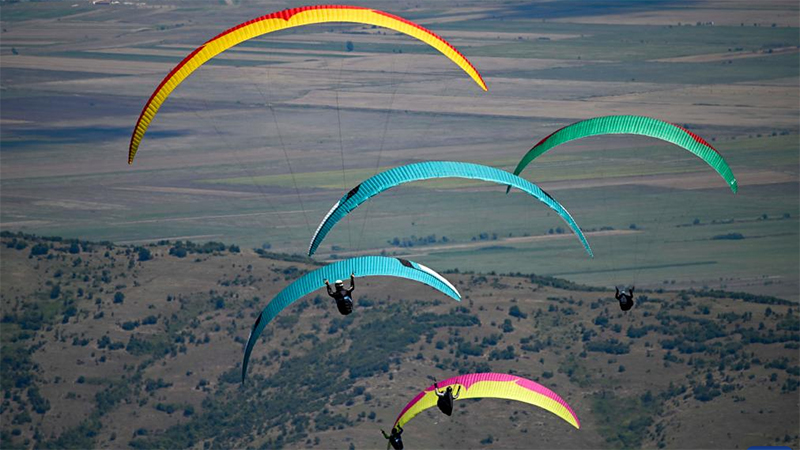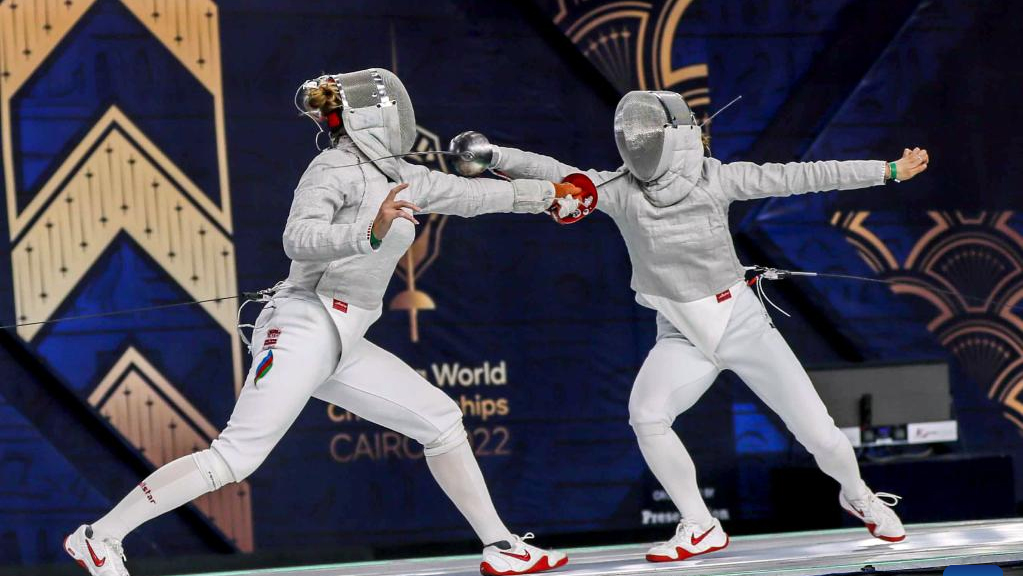Iran says nuclear talks a decision away from culmination into agreement
TEHRAN, July 25 (Xinhua) -- The Iranian Foreign Ministry spokesman said on Monday the nuclear talks' distance from culmination into an agreement hinges on the U.S. political decision as Iran has demonstrated considerable flexibility in the negotiations process.
Making the remarks in an address to a weekly press conference, Nasser Kanaani said Iran has never left the negotiating table and will not act emotionally and impulsively regardless of the U.S. officials' media hype and claims as well as pressures on the country.
He assured that Tehran would continue the negotiation process through communication channels although the principled policy of President Ebrahim Raisi's administration was based on not tying the country's economy and people's livelihoods to the fate of the nuclear talks.
Kanaani stressed that Iran will remain committed to the negotiations process and will continue the path until reaching a "good and robust" agreement, according to official news agency IRNA.
Negotiations are continuing between Iranian Foreign Minister Hossein Amir-Abdollahian and the European Union's foreign policy chief Josep Borrell as well as their deputies Ali Bagheri Kani and Enrique Mora, he added.
Kanaani added that other countries have also proposed initiatives for the solution of the remaining issues in the nuclear talks, noting that even within the region, Qatar and Oman, through their foreign ministers, have put forward initiatives to this end.
He reiterated that Iran seeks to reach a "good, strong and lasting" agreement and has submitted numerous initiatives, saying if the American side acts "constructively and positively," an agreement will be quite within reach.
IAEA APPROACH "UNPROFESSIONAL"
Turning to recent remarks by Director General of the International Atomic Energy Agency (IAEA) Rafael Grossi that he had "very limited visibility" of Iran's atomic program, Kanaani noted that Iran has always been a member of the agency and the Non-Proliferation Treaty (NPT) and, over the past years, has sought to clear up misunderstandings by adopting an interactive and constructive approach.
The Foreign Ministry spokesman added the Islamic Republic has allowed the IAEA's inspectors to carry out several inspections of its nuclear sites.
He regretted that, however, Iran's "constructive" measures were not reciprocated by the agency, noting that Grossi has adopted an "unprofessional" and "unfair" approach toward Iran's nuclear program and is interested in raising issues against Tehran every now and then.
"We maintain that they must adopt a constructive and interaction-oriented approach in response to Iran's cooperation."
RAISI-MACRON TALKS
With regard to the Saturday phone conversation between Raisi and French President Emmanuel Macron, Kanaani described the two-hour talks as a remarkable diplomatic development.
He said Macron has certain ideas that can help bring the parties' viewpoints closer to one another.
Kanaani added France is willing to play a "positive and constructive role" in the nuclear talks.
Iran signed the nuclear deal, formally known as the Joint Comprehensive Plan of Action (JCPOA), with world powers in July 2015, agreeing to curb its nuclear program in return for the removal of sanctions on the country. However, former U.S. President Donald Trump pulled Washington out of the agreement in May 2018 and reimposed unilateral sanctions on Tehran, prompting the latter to drop some of its commitments under the pact.
The talks on the revival of the 2015 nuclear deal began in April 2021 in Vienna but were suspended in March this year because of political differences between Tehran and Washington.
After a three-month pause, the talks resumed recently in the Qatari capital Doha, but did not result in any agreement to settle the remaining differences.
Photos
Related Stories
- Iran says plans to send up more satellites in 2022
- Israeli "spy network" plans to explode Iran's "sensitive" center: report
- Syria's security, independence, territorial integrity important to Iran: vice president
- Iran urges U.S. to stop "excessive demands" about reaching nuke deal
- Iran says to gradually eliminate dollar in trade with Russia
Copyright © 2022 People's Daily Online. All Rights Reserved.









